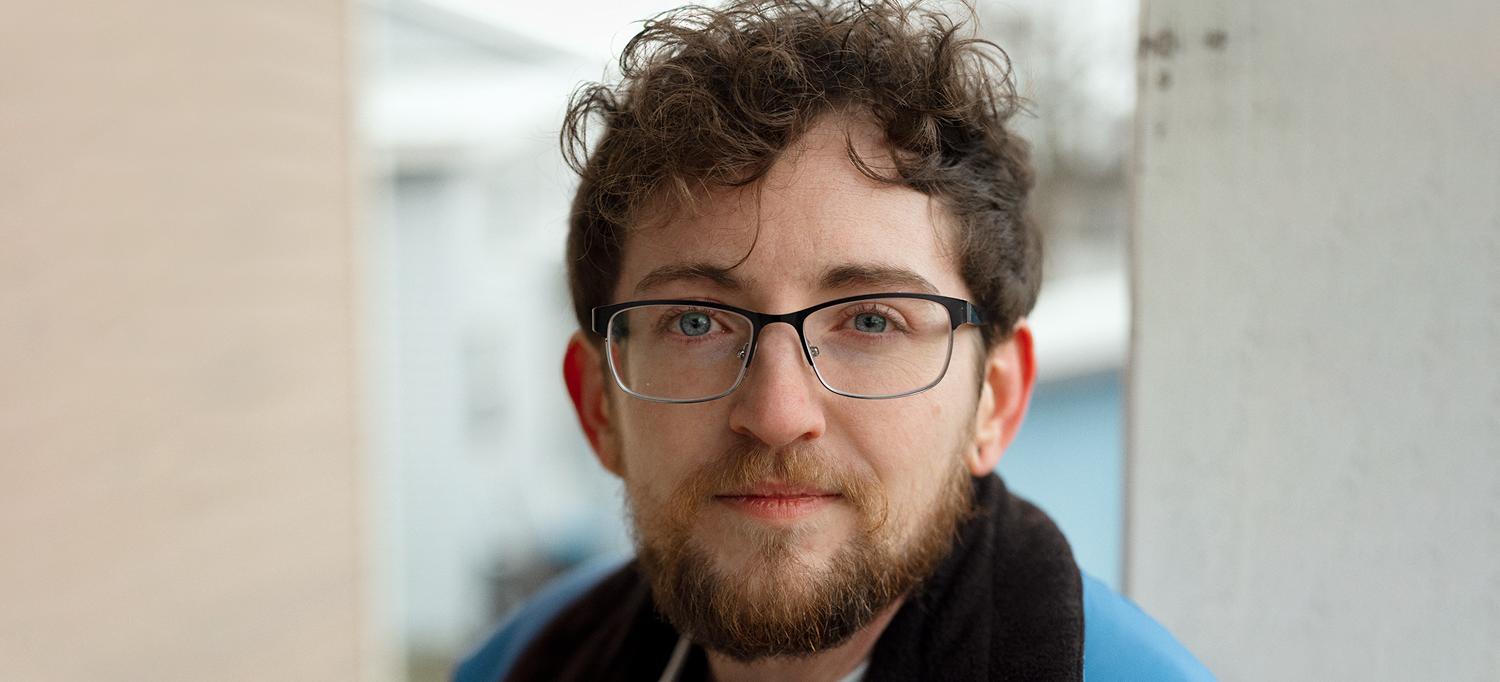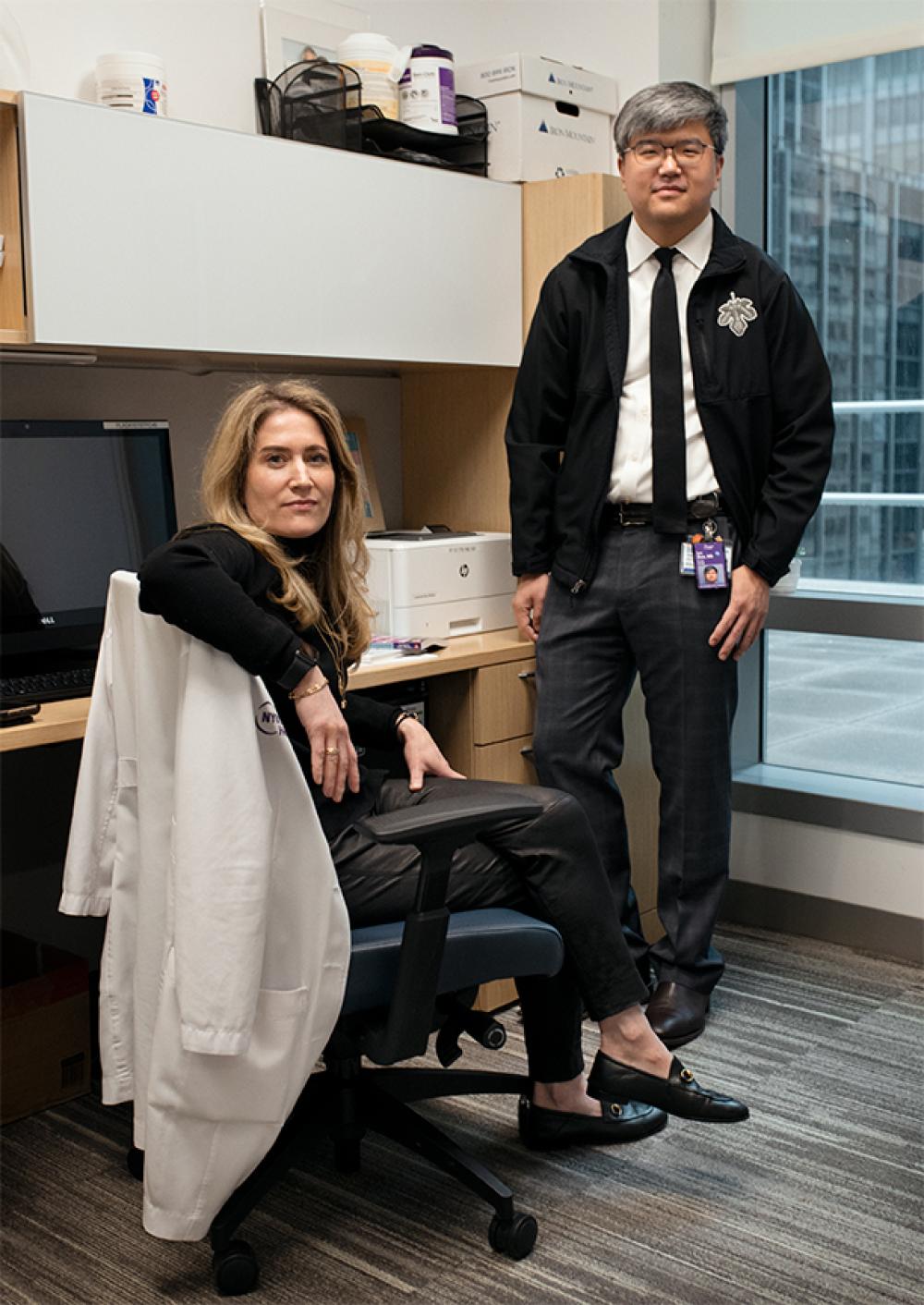
Ben Simpson shares how phalloplasty, or surgery to construct a penis, helped him feel more comfortable in his body.
Photo: Elle Pérez / The New York Times
Ben Simpson initially did not know what transgender was, having been raised in a small town outside the Finger Lakes region in New York. Assigned female at birth, as a young girl Ben assumed he would become a man when he grew up. When he realized he would not, he started collecting other evidence to explain why something in his life always felt off.
In the spring of 2015, Ben met up with friends in Midtown Manhattan, discussing sex and gender. That was the moment it clicked that he was a man, or transgender, and he decided to start his journey transitioning. By 2017, after getting on testosterone and receiving a gender-affirming double mastectomy, he felt his gender dysphoria was manageable. Ben never had bottom surgery in mind when he first started to transition.
It wasn’t until later that year, at 26 years old, that he considered phalloplasty, or surgery to construct a penis, because he felt this surgery would help him to feel safe as bathroom bills were on the rise. He submitted a request for a consultation with Rachel Bluebond-Langner, MD, the Laura and Isaac Perlmutter Associate Professor of Reconstructive Plastic Surgery in the Hansjörg Wyss Department of Plastic Surgery at NYU Grossman School of Medicine, and Lee C. Zhao, MD, associate professor in the Department of Urology and Hansjörg Wyss Department of Plastic Surgery, who co-direct NYU Langone’s Transgender Surgery Program.
The main recipients of phalloplasty are transgender men and nonbinary people, intersex people, and cisgender men with penile injuries. Phalloplasty for trans men and nonbinary people, known in medicine as gender-affirming phalloplasty, has been on the rise due to better access, new techniques, and more specialized doctors.
Ben had his initial consult with Dr. Bluebond-Langner and Dr. Zhao in March 2018, and scheduled his stage 1 surgery for May 2019.
When Dr. Bluebond-Langner came to NYU Langone in 2017 to start the Transgender Surgery Program, she only had two colleagues, Dr. Zhao, and Jamie P. Levine, MD, chief of microsurgery. “Over the years, the team has grown to include an administrative staff, a research department, a physical therapist, two social workers, and two nurse navigators. More than half the team identifies as transgender, including two surgeons in training, who I hope will someday succeed me and Dr. Zhao,” says Dr. Bluebond-Langner.
When Ben set out in pursuit of phalloplasty, his one and only goal had been safety. By April 2022, with various stages of the surgery complete, Ben felt completely comfortable looking at his body without a snag of dysphoria.
Read more from The New York Times Magazine.


